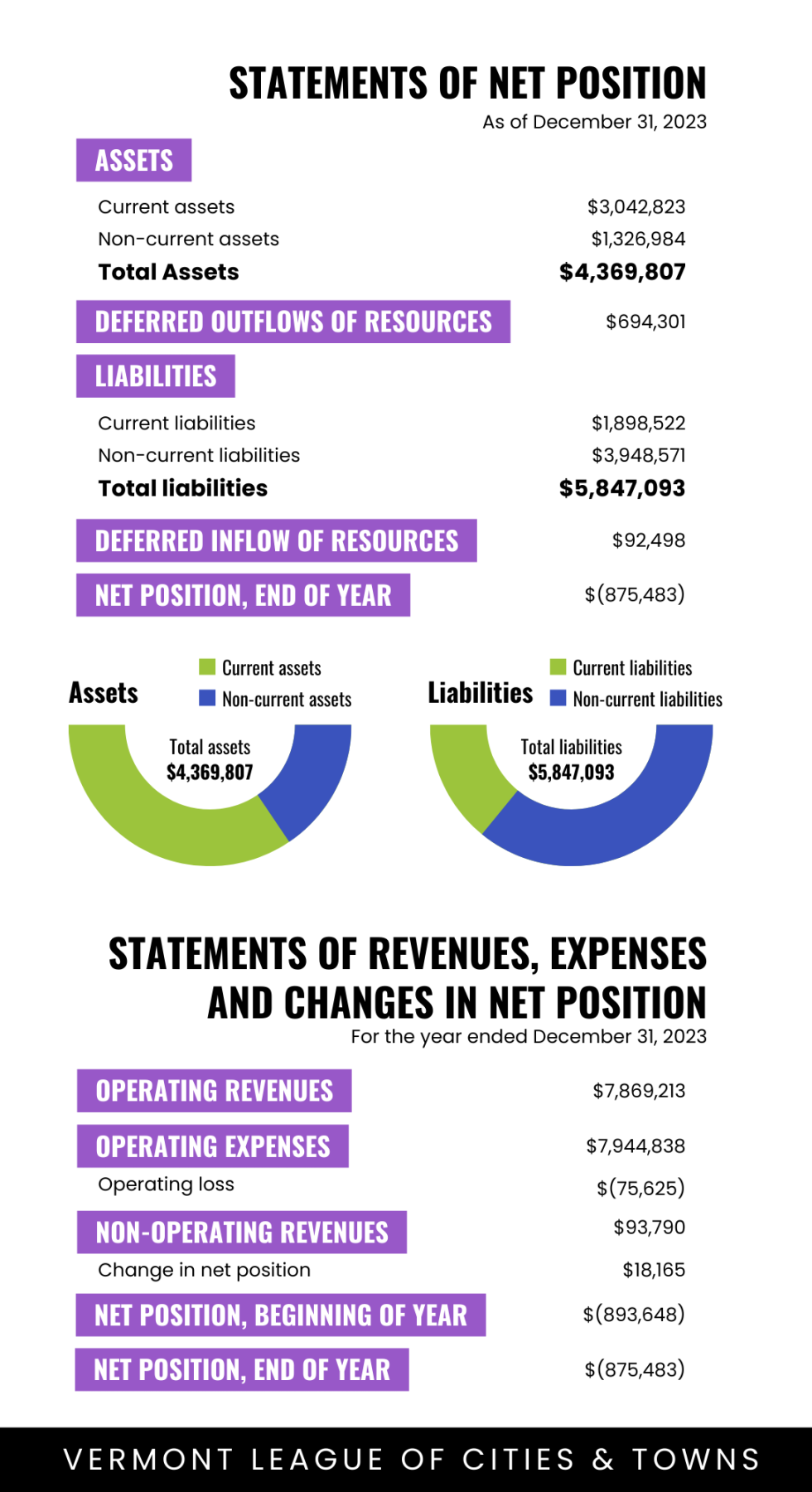Is the Board of Auditors an Advisory or Non-Advisory Public Body for Purposes of Vermont’s Open Meeting Law?
Vermont’s Open Meeting Law (1 V.S.A. §§ 310-314) provides that “[a]ll meetings of a public body are declared to be open to the public at all times, except as provided in section 313 of this title [on executive sessions].” 1 V.S.A. § 312(a). The intent of the law is to create transparency in government by requiring advance public notice and an opportunity for public participation in governmental decisions. The law applies to every “public body” of a municipality. A public body is any board, council, commission, committee, or subcommittee of a municipality, which includes the Board of Auditors. 1 V.S.A. § 310(4).
The Distinction Between Advisory and Non-Advisory Public Bodies
With the passage of Act 133 in 2024, the law now draws a distinction between advisory and non-advisory (decision making) public bodies by imposing stricter requirements on the latter. The law defines an “advisory body” as a “public body that does not have supervision, control, or jurisdiction over legislative, quasi-judicial, tax, or budgetary matters.” 1 V.S.A. § 310(1). Though not explicitly defined by the law, a “non-advisory body” is a decision-making body, one that does have supervision, control, or jurisdiction over legislative, quasi-judicial, tax, or budgetary matters. An advisory body, by its very name, advises, which means that it lacks final statutory decision-making authority. If a body has final decision-making authority over any legislative, quasi-judicial, tax, or budgetary matter then it is categorically not an advisory body, which makes it, in turn, a decision-making body.
The elected Board of Auditors plays an important role in preserving the democratic nature of Vermont’s local government by ensuring that local officials are accountable for their expenditures of taxpayers’ money. It is the auditors’ job to review the accounts of local officials and report their findings directly to the taxpayers for review. VLCT’s Municipal Assistance Center (MAC) considers a Board of Auditors to be a “non-advisory” body because, whether they exercise it or not, the auditors also have final statutory decision-making authority over the selectboard’s compensation. “When a town does not fix the amount of the compensation to be paid such officers and town employees, the selectboard shall fix and determine the same except as to their own pay which shall be fixed by the auditors at the time of the annual town audit…” 24 V.S.A. § 933.
In contrast to advisory bodies, non-advisory bodies, such as the Board of Auditors, must electronically record their meetings and post the recordings in a designated electronic location for a minimum of 30 days following the approval and posting of the official minutes of the meeting that was recorded. They also must hold their meetings at a staffed, physical location, with the exception of emergency meetings or meetings held during a local incident or state of emergency, all of which may be held entirely remotely. Please see our 2024 Open Meeting Law Changes Act 133 FAQs for more information about the differences between advisory and non-advisory bodies.
Some Meetings of the Board of Auditors Are Exempted
Not all meetings of the Board of Auditors though are open to the public. The Open Meeting Law does not apply to “[r]outine, day-to-day administrative matters that do not require action by the public body.” 1 V.S.A. § 312(g). Although not further defined in statute, “routine administrative matters” would seem to include activities such as reviewing financial statements and collecting information from other town officers. Actions and discussions that fall within 1 V.S.A. § 312(g) are not “meetings" under the Open Meeting Law, even if two or more of the elected auditors are present or participating. Therefore, if the elected auditors choose not to do their work individually, they may legally work in groups of two or three to conduct these activities and may do so outside of a publicly warned meeting.
Be aware that not all of the auditors' activities will fall under this exception to the Open Meeting Law. The exception only applies to matters that “do not require action by the public body.” 1 V.S.A. § 312(g). As such, the exception does not apply to official actions that the auditors are required to take by statute. Examples of such official actions include adoption of the audit report and the meeting to “examine and adjust the accounts of all town officers" that is required by 24 V.S.A. § 1681. These official actions may only be taken within the context of a duly warned open meeting that meets all of the requirements of the Open Meeting Law.
If the town has voted to eliminate the office of elected auditor and has hired a public accountant, the public accountant is not subject to the Open Meeting Law.

 While answering your more than 3,200 questions, we also helped many of you respond to the devastating July 2023 flooding. Our Federal Funding Assistance Program pivoted from helping members access federal infrastructure money to helping you cut through FEMA’s red tape. Our advocacy team pivoted from their predefined priorities to seeking state and federal funds that would help the 133 cities and towns impacted by flooding to rebuild. The legislature and governor responded by designating millions of dollars to reduce the local match required by FEMA, reimburse towns for tax abatements, and provide unprecedented direct flood assistance from the state.
While answering your more than 3,200 questions, we also helped many of you respond to the devastating July 2023 flooding. Our Federal Funding Assistance Program pivoted from helping members access federal infrastructure money to helping you cut through FEMA’s red tape. Our advocacy team pivoted from their predefined priorities to seeking state and federal funds that would help the 133 cities and towns impacted by flooding to rebuild. The legislature and governor responded by designating millions of dollars to reduce the local match required by FEMA, reimburse towns for tax abatements, and provide unprecedented direct flood assistance from the state.